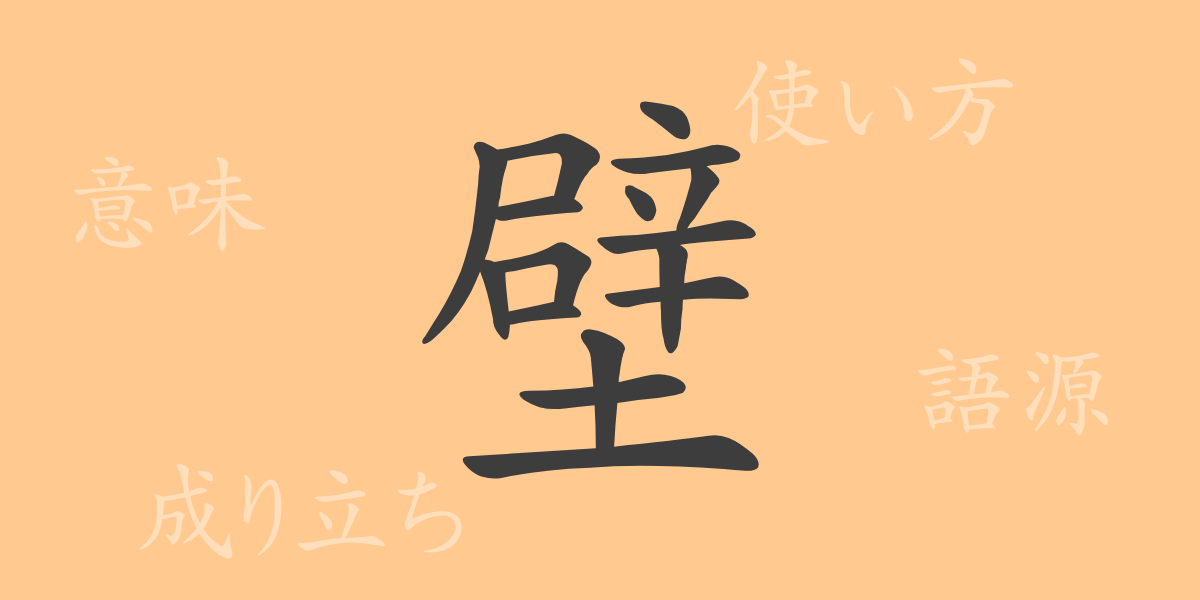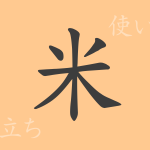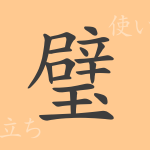The kanji “壁” (kabe), deeply rooted in our daily lives, symbolizes more than just a physical barrier. This single character transcends to represent psychological obstacles and social constraints. In this article, we delve into the profound world of “壁” (kabe), exploring its origins, diverse usages, readings, radicals, and even idioms and proverbs that incorporate this character.
Origins of 壁 (kabe)
The kanji “壁” (kabe) has its origins in ancient Chinese oracle bone script. Originally a pictograph representing a defensive structure made of piled earth, it evolved over time into its current form. The fundamental concepts of “defending” and “separating” that “壁” (kabe) embodies are deeply rooted in its origins.
Meaning and Usage of 壁 (kabe)
The kanji “壁” (kabe) not only refers to a physical “wall” but is also used metaphorically to denote “obstacles” and “hindrances.” This character is widely used to describe invisible barriers, such as social and psychological walls, thus broadening its application significantly.
Readings, Stroke Count, and Radicals of 壁 (kabe)
Let’s review the basic information about the kanji “壁” (kabe).
- Readings: The on’yomi (音読み) is “ヘキ” (heki), and the kun’yomi (訓読み) is “かべ” (kabe).
- Stroke Count: It consists of 16 strokes in total.
- Radical: The radical is “土” (tsuchi), positioning it as part of characters related to earth.
Idioms, Proverbs, and Phrases Using 壁 (kabe)
There are numerous idioms, proverbs, and phrases that incorporate “壁” (kabe). Here are a few examples:
- Idiom: “壁画” (kabe-ga) – A painting on a wall.
- Proverb: “壁に耳あり、障子に目あり” (kabe ni mimi ari, shōji ni me ari) – A lesson that one should act cautiously as conversations can be overheard anywhere.
- Proverb: “壁を作って隣と争うな” (kabe o tsukutte tonari to arasou na) – A saying that advises against creating conflicts with neighbors over minor issues.
Summary of 壁 (kabe)
The kanji “壁” (kabe) encompasses profound meanings and a wide range of applications. From physical structures to psychological barriers and social constraints, “壁” (kabe) plays a multifaceted role in our lives. It can represent obstacles to overcome or valuable entities to protect. Thus, the kanji “壁” (kabe) holds significant importance in our daily existence.

























